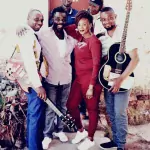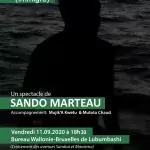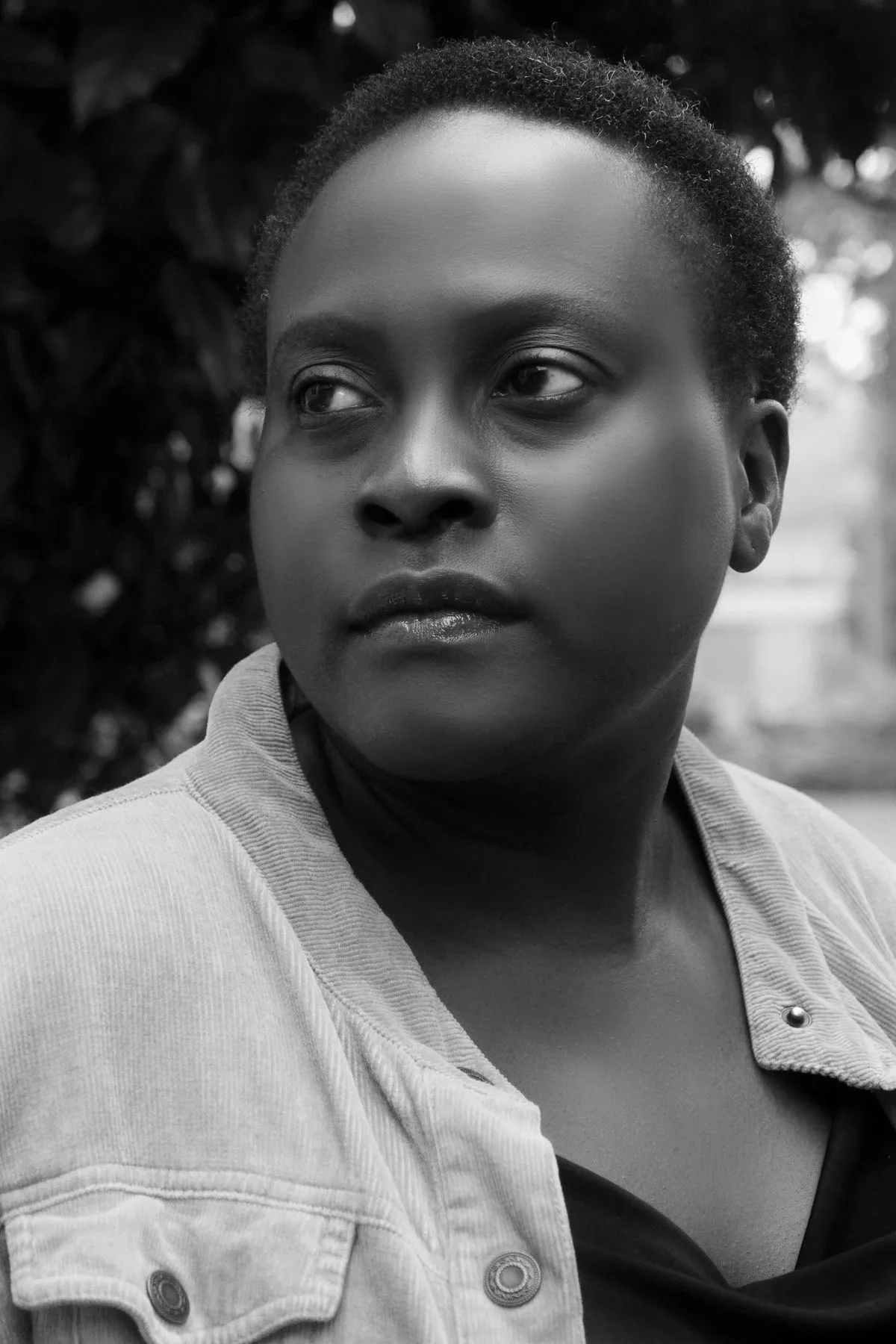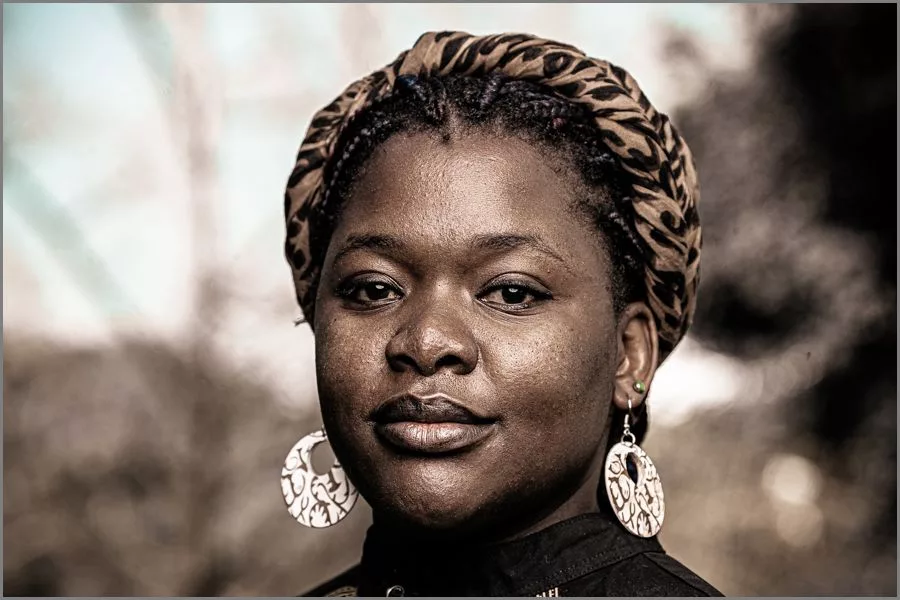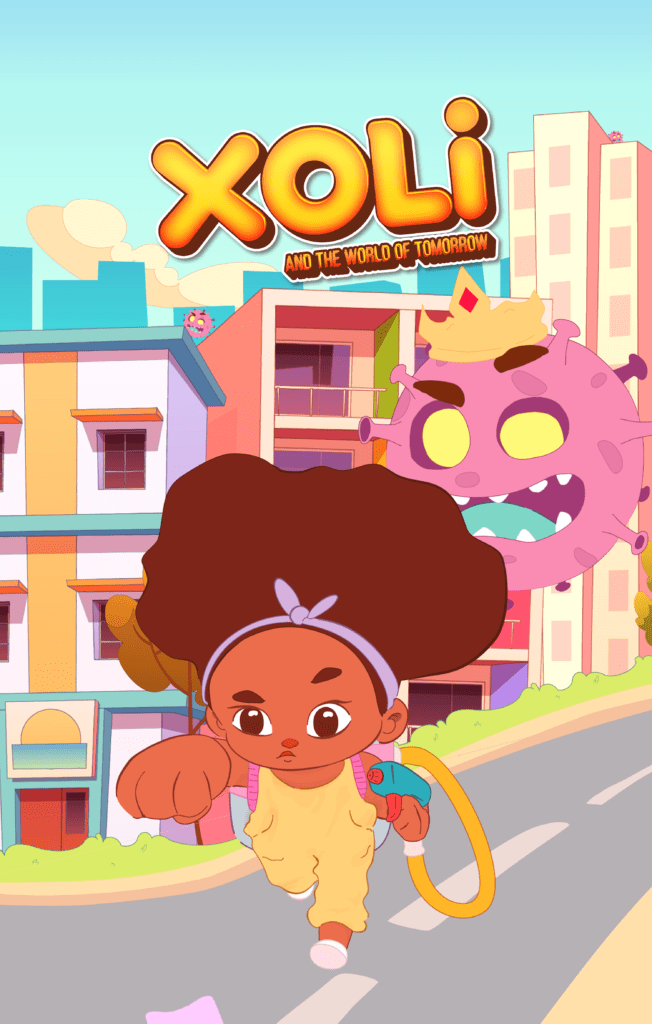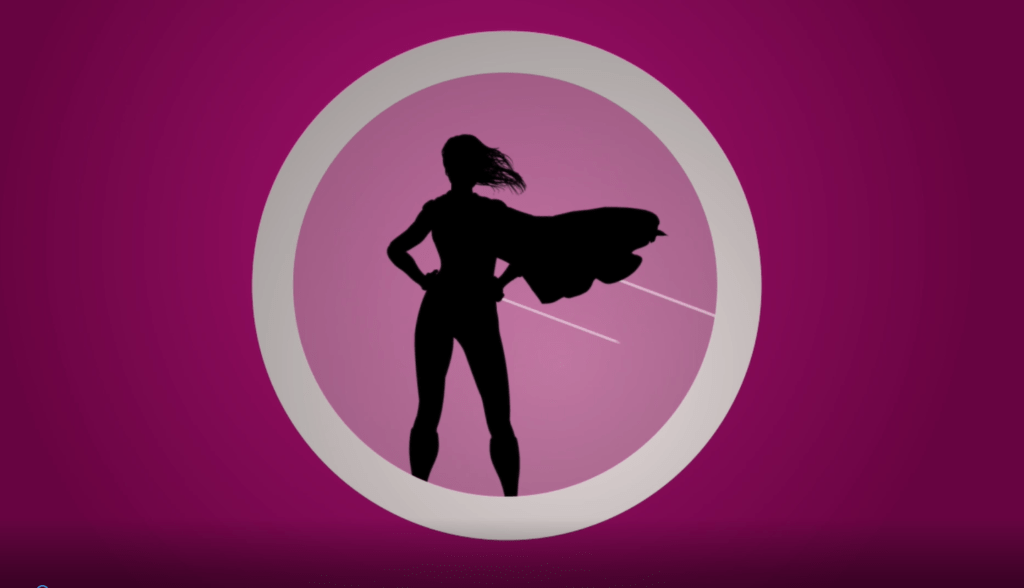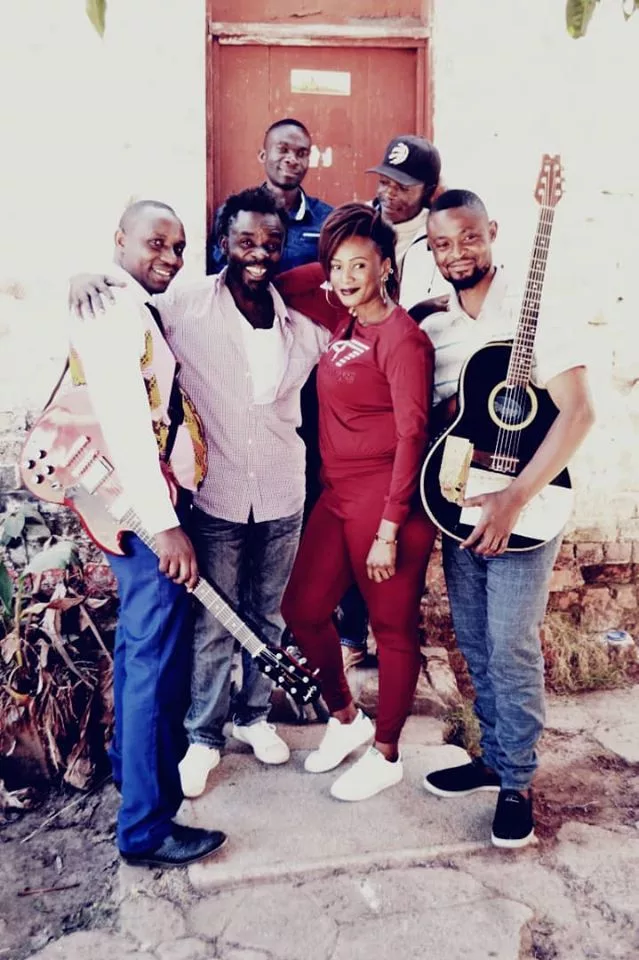
A few words about your artistic career
I'm an actor and storyteller in the MUFWANKOLO troupe, a legendary Swahili folk theatre company from Katanga, as well as a composer and singer in the MUJIK'A KWETU group. Since then, I've been trying to promote multiculturalism by combining Katangan influences with new European and West African sounds.
How long have you been an artist?
I started out as an actor in the Mufwankolo theatre company in 1999. I formed the musical group Mujik-a Kwetu in 2009.
Why did you apply for this scholarship? How will the scholarship support you?
I applied for this grant because it will allow the troupe and the group to participate hand in hand in a socio-political project and to be part of a long-term reflection on social justice. This opportunity will enable us to carry out a high-quality public service project.
What are your concrete artistic objectives after this residency?
Producing the show at the Institut Français and the Centre Wallonie-Bruxelles in Lubumbashi, then on local stages in the city and province, to get the message across in rural areas.
What did you achieve during this creative residency? What is the result (work created)? Who was involved in the creative process?
The work created thanks to the Africalia grant is a play based on the technique of musical storytelling. It combines direct narration to the audience with danced musical interludes that illustrate the story. The songs were composed especially for Mhamiaji by Sando Marteau. The play includes moments of direct dialogue with the audience, in the tradition of Lush theatre. It is a bilingual Swahili-French work.
How do you think these activities help us to think about the world today, in relation to the COVID-19 crisis, and/or about building for the future?
The aim of the play is to question North-South inequalities in a health context that spares no one and in which the notion of "solidarity" is central.
The play is about post-colonialism and the weight of the past on Africa's current challenges. It's about the ability or inability of Africans to take control of their own destiny in a world ruled by money. It also looks at the European El Dorado and the reality of African migrants who have become undocumented, fleeing countries that persecute them: "You set fire to my hut? I'll come and live with you". Finally, it looks at the irreconcilable interests of North and South when viewed through the prism of monetary wealth.
While these subjects are topical in Europe, they are still taboo in the DRCongo. The aim is to open up the debate in a country where freedom of expression is limited and where the European dream shatters entire families.
The work questions the solutions to Africa's problems. Copying other realities is not a solution: even in modest ways, we need to innovate.
How did you feel during the residency? And afterwards?
The grant really motivated the group at a time when cultural activities were at a standstill. Having a final deadline to deliver the show was very stimulating. It gave us time to work and gave us a new creative impetus.
The show can be improved: it needs to be fine-tuned, because as the troupe worked on it, everyone wanted to add extra messages. While the initial idea was to tell a story (why does the immigrant leave the DRCongo for Europe / how did it come to this?), each participant took the opportunity to express his or her frustration with the oppressive power, with the weight of global institutions, with ourselves too, and with the hope of better days to come.
[(
Mhamiaji
)]


